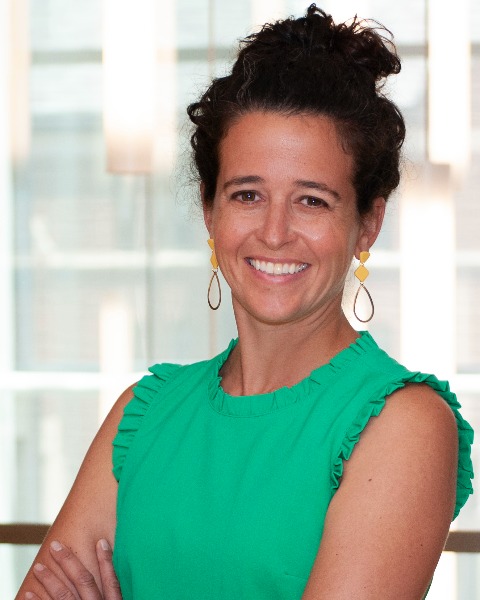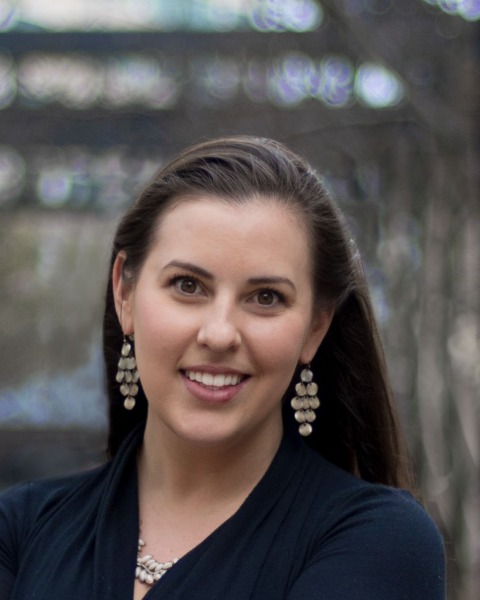Use and Influence of Evaluation
Can evaluation go beyond storytelling? How Developmental Evaluations are working to become part of the story.
-

Heather Esper, MPH
Director, Performance Measurement and Improvement
William Davidson Institute at the University of Michigan, United States -

Dani de Garcia (she/her/hers)
Vice President, Strategy, Performance, and Learning
Social Impact
Alexandria, Virginia, United States -

Chris Thompson, MPA
Technical Director, Strategy, Performance, & Learning
Social Impact, United States
Presenter(s)
Location: Room 102
Abstract Information: Evaluations can be powerful tools to tell a story - but often they come too late or in formats that make it hard to digest. Over the past decade or so, Developmental Evaluation (DE) has emerged as an alternative to more traditional evaluation approaches. Through a less traditional, more participatory and empowering form of evaluation, DE often helps to not just tell a story but to help co-create the next chapters of a story. Yet often DE guidance and experience is shared in a theoretical way which makes it hard for folks to understand what it looks like in practice. This panel will feature evaluators working on a variety of DEs who will share tangible examples of DEs in action; the less-traditional products they’ve used to engage users; and the embedded evaluator’s role in capturing, sharing, and/or co-creating a story while remaining an objective actor.
Relevance Statement: Developmental Evaluation (DE) is an approach that addresses some of the limitations of traditional evaluations. For example, by having a person or team embedded in the program that they are evaluating, developmental evaluators have access to a greater amount of highly nuanced data that they can feed back to stakeholders on a continuous basis. But much of the DE guidance that exists is considered too academic or theoretical for newer DE practitioners (or commissioners) to really understand. This session will help show how DEs can play a more active role in storytelling than traditional evaluation through tangible examples that have been put into practice; as well as what skills, processes, and relationships are useful to making the approach successful. This panel will feature individuals working on several different DEs supported by international and domestic donors. They will represent a diverse set of organizations and roles on their DEs, e.g. DE managers, embedded evaluators, and DE researchers. Through this panel discussion, they will share challenges they have encountered, successes they have achieved, and lessons they have learned in a DE context. Since 2016 Social Impact (prime), William Davidson Institute at the University of Michigan, and Search for Common Ground have tested the effectiveness of the DE approach within USAID through the Developmental Evaluation Pilot Activity (DEPA-MERL). Dani and Heather will share practical tools and resources they helped develop through DEPA-MERL. Heather will also share relevant takeaways from a Journal of MultiDisciplinary Evaluation paper that explores findings across three DEPA-MERL DEs on how DE theory is used in practice. Dani and Chris will share experiences from DEs they’ve implemented domestically and internationally (for the City of Portland, USAID/Indonesia, and others) alongside examples of how DE products and processes were used to inform programmatic and organizational changes. DEPA-MERL webpage with resources developed by the consortium: https://www.usaid.gov/PPL/MERLIN/DEPA-MERL JMDE paper: https://journals.sfu.ca/jmde/index.php/jmde_1/article/view/685
